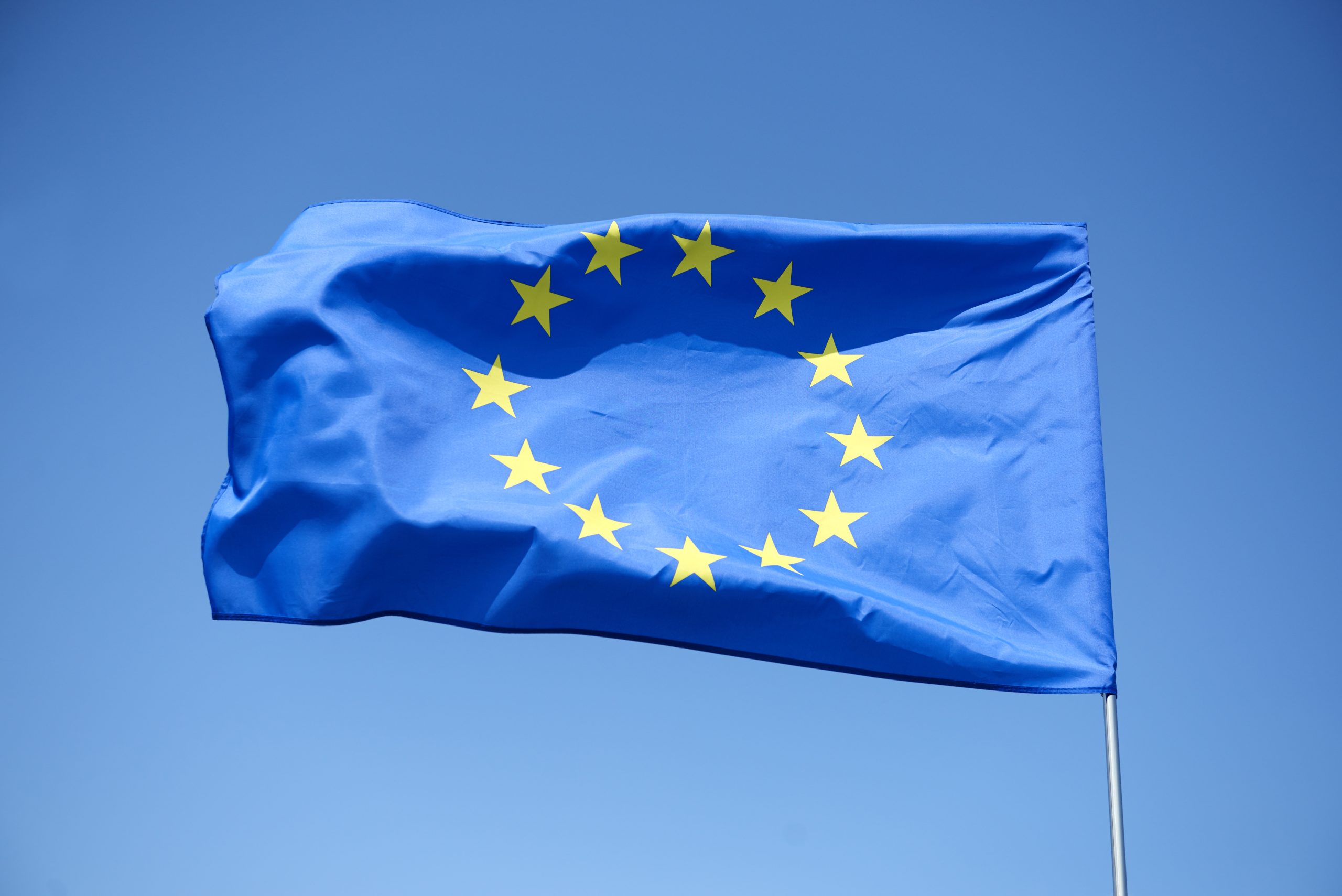New EU rules criminalising the violation of EU sanctions enter into force

As from 19 May, new rules to harmonise criminal offences and penalties for the violation of EU restrictive measures enter into force. The new rules will ensure that such violations can be criminally investigated and prosecuted in all Member States. They include a list of criminal offences related to the violation and circumvention of EU sanctions, such as for example: failing to freeze assets; breaching travel bans and arms embargoes; providing prohibited or restricted economic and financial services, transferring funds that should be frozen to a third party or providing false information to conceal funds that should be frozen.
The new rules also establish common basic standards for penalties for both natural and legal persons in all Member States, closing existing legal loopholes and increasing the deterrent effect of violating EU sanctions in the first place. They will also include enhanced rules on freezing and confiscation of proceeds and assets subject to EU sanctions. Furthermore, the new rules will strengthen the cooperation and communication between the competent authorities in a Member State and among Member States in the Union.
Věra Jourová, Vice-President for Values and Transparency, said: “With Putin continuing his illegal aggression against Ukraine, it is paramount that EU sanctions are fully implemented and the violation of those measures is punished. In addition, the new rules will also make it easier for Member States to confiscate some of the frozen assets of people and companies that support the war. Member States should now swiftly transpose the new rules and make them work in practice.”
In May 2022, the Commission proposed to add the violation of EU restrictive measures to the list of EU crimes. At the same time, the Commission proposed new reinforced rules on asset recovery and confiscation, which will also contribute to the implementation of EU restrictive measures. By strengthening the law enforcement’s capacities to identify and confiscate illegal property, the Directive will limit the capacity of criminals to maintain and expand their criminal activities to corrupt authorities and infiltrate the economy. The two initiatives are linked to the activities of the ‘Freeze and Seize’ Task Force, set up by the Commission in March 2022, and will contribute to the enforcement of EU sanctions.
Member States have until the 20 May 2025 to transpose the Directive into their national law. More information can be found here.
